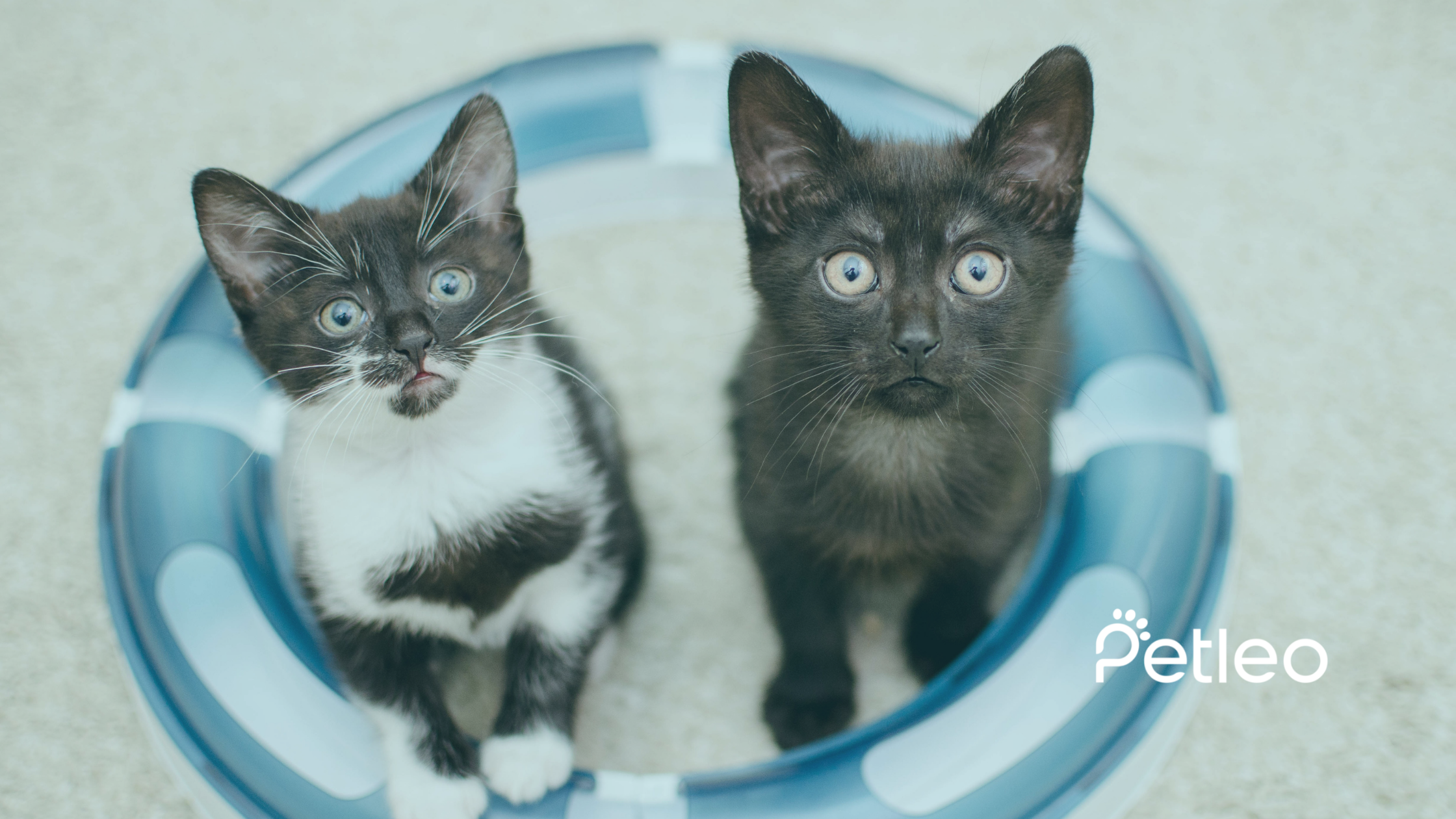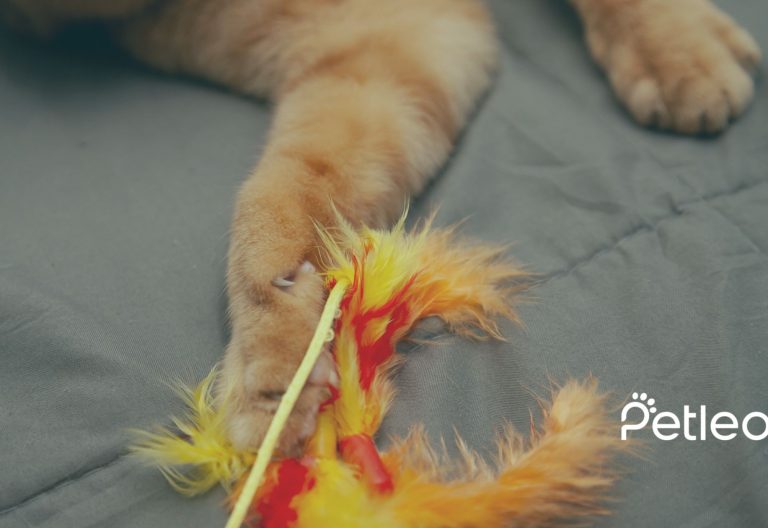If you are a cat owner, one of the most important issues is cat litter. It has a great importance for both your cat and your health. In this article, we will give you both informative and practical information about cat litter.
1. How big should the cat toilet be?
Although this will depend on the size of your cat, the bigger the cat litter box the better. When your cat is 3-8 weeks old (early socialisation phase), it starts using cat toilet gradually. At this stage, you should use a low litter box that can accommodate the size of your kittens. As your kitten grows, you should enlarge the litter box with it.
The minimum recommended litter size should be 1.5 times your cat’s body length. By body lenght, you should measure the length from the tip of the nose to the tail.
Tipp: Senior cats may have joint problems and therefore a lower but wider litter box will be more useful for them.
2. What is the optimum number of cat litter boxes?
In general, it is recommended that each cat have its own toilet and one extra litter box somewhere else in the house. Some cats living in the same house can form social group. This makes them want to feed from the same bowl, sleep in the same place, play together and share the same litter box. However It is very important that you have enough litter boxes for the other social group of cats in your home. In this way, you will prevent unwanted behavioral problems.
If your cat urinates in inappropriate places outside the litter box, the reason may be behavioral disorder, urinary bladder inflammation, lower urinary tract disease, arthritis.
3. What should I consider when choosing cat litter?
The most important step is to choose the right litter type. If you buy a bad quality product when choosing cat toilet, you may encounter undesirable situations such as absorption problems, bacteria formation, bad smell, paw adhesion.
By placing more than one type of litter in different litter trays, you can find out which litter type your cat prefers. Many cats prefer litters that are unscented (un-deodorized), dust-free, clumping and soft-textured.
Every litter type has different times for cleaning, observe your cat’s litter full performance to clean it under ideal conditions.
4. Where to put the cat toilet?
Cats are very clean by nature and in multi-cat households they need a clean and individual cat toilet. Some cats may share the same litter box with cats in the same social group as we mentioned above. However, some cats prefer to use their own litter box, which is located in a clean and quiet place.
If your cat is using the toilet, having a more dominant cat by his side can reduce your cat’s self-confidence, which can cause an inapproptiate urination in places in your home. So monitor your cat’s behaviour and position litter boxes in quiet, low-traffic areas of your home.
At the same time, if your cat has encountered a negative situation near the cat toilet (giving medicine, suddenly rising sound, uncleaned litter box, etc.), your cat may not feel comfortable in that area. For this reason, there should not be any frightening factors in the place where the litter box is located (washing machine, loud devices etc.).
Cat should never be next to your cat’s food bowl or water bowl, or even in the same room if possible.
5. How often should I clean my cat’s toilet?
You should check the cat litter at least once a day and after cleaning add litter if necessary. Wash the litter box with hot water and soap every 1-4 weeks. Avoid using ammonia-based cleaners and very strong scented cleaning agents.
If you clean your cat’s litter irregularly, it can cause a chronic stress that can harmful for them.
Little diggers at work 🙂
Studies have found that when your cat digs in the litter box, there is an association with inappropriate urination.
The longer your cat digs, the less the problem of urinating in unwanted places compared to cats that spend less than 4 seconds (1).
It is not normal for your cat to urinate or defecate outside of the litter box and may be caused by illness. The sooner this problem is resolved, the better the chance for your cat to use the litter box normally.
Therefore, you should consult your veterinarian as soon as possible.



